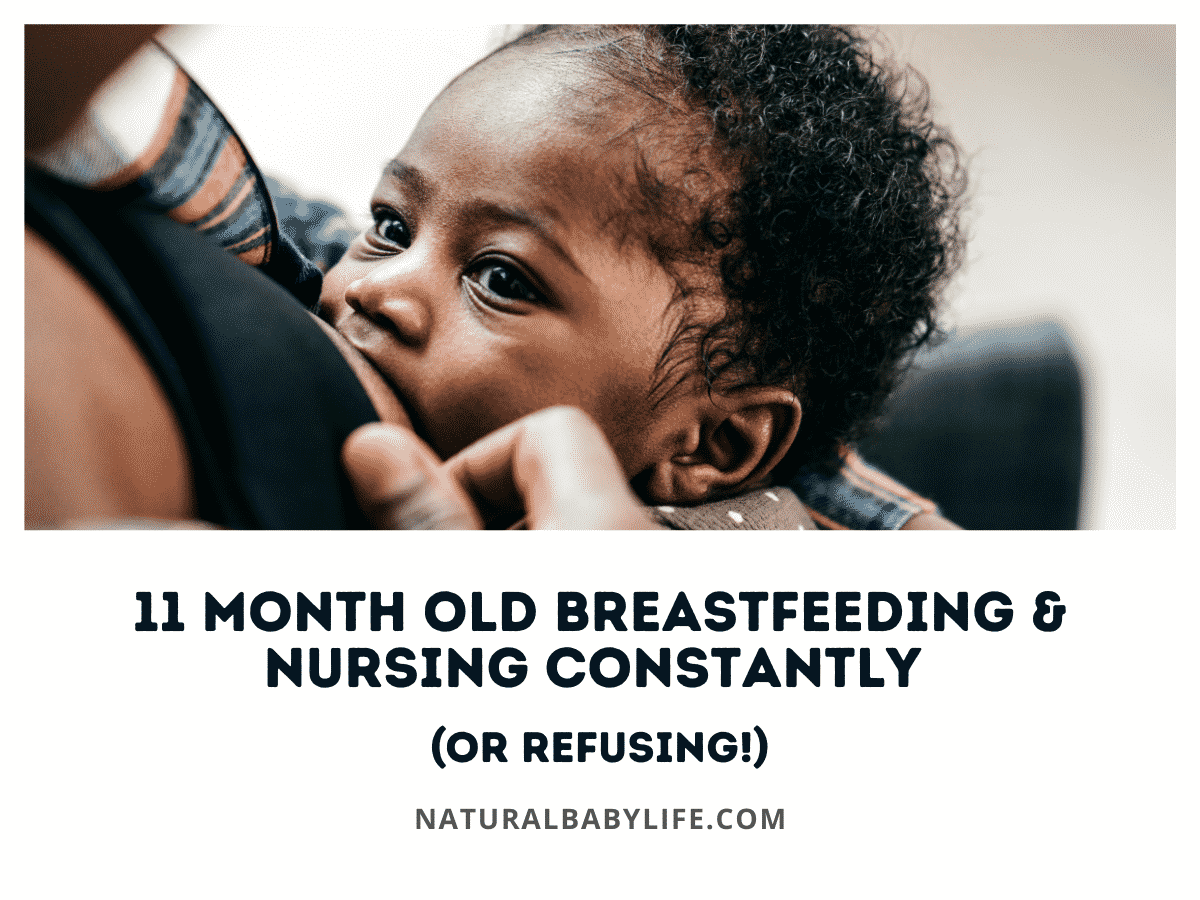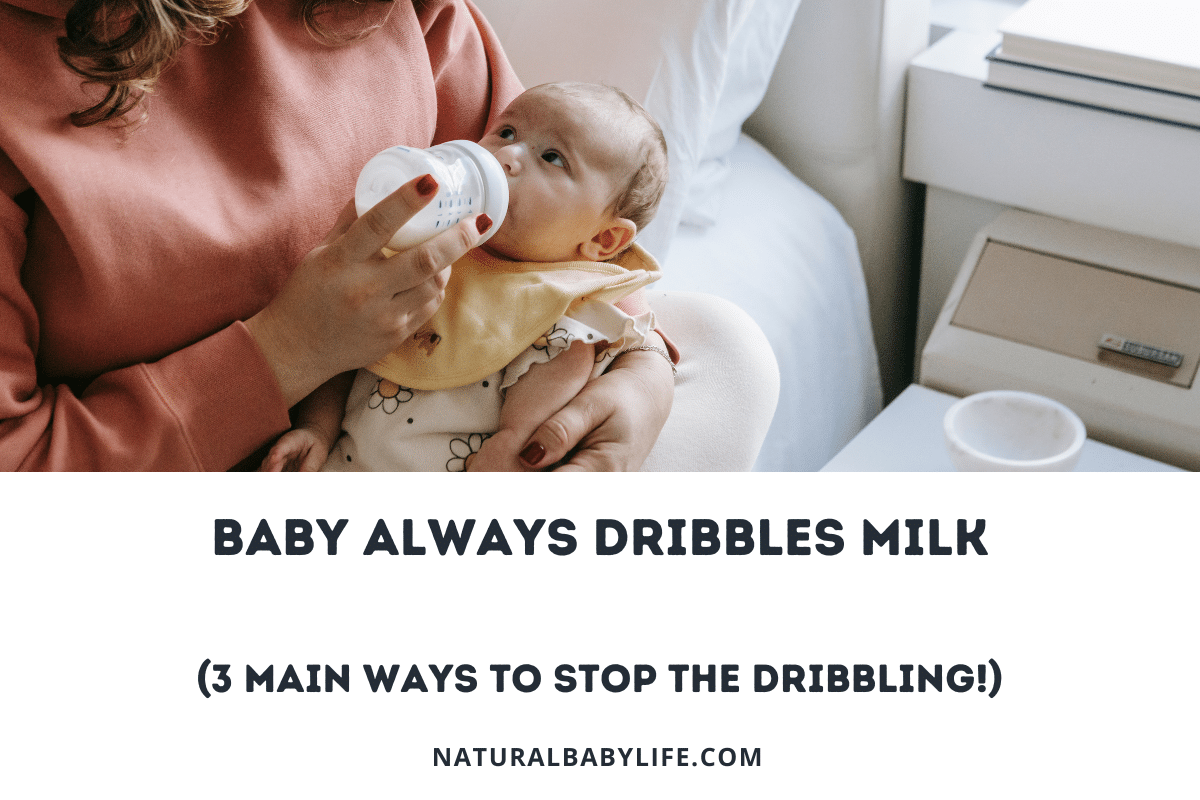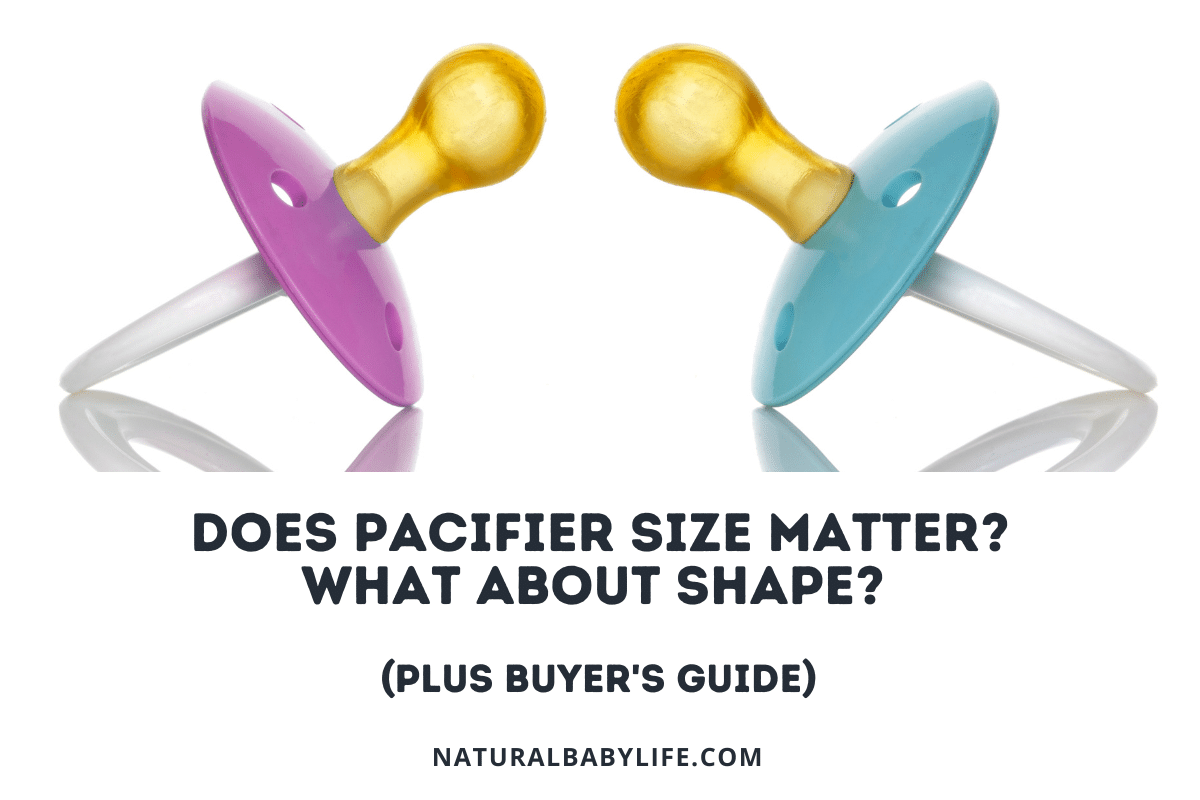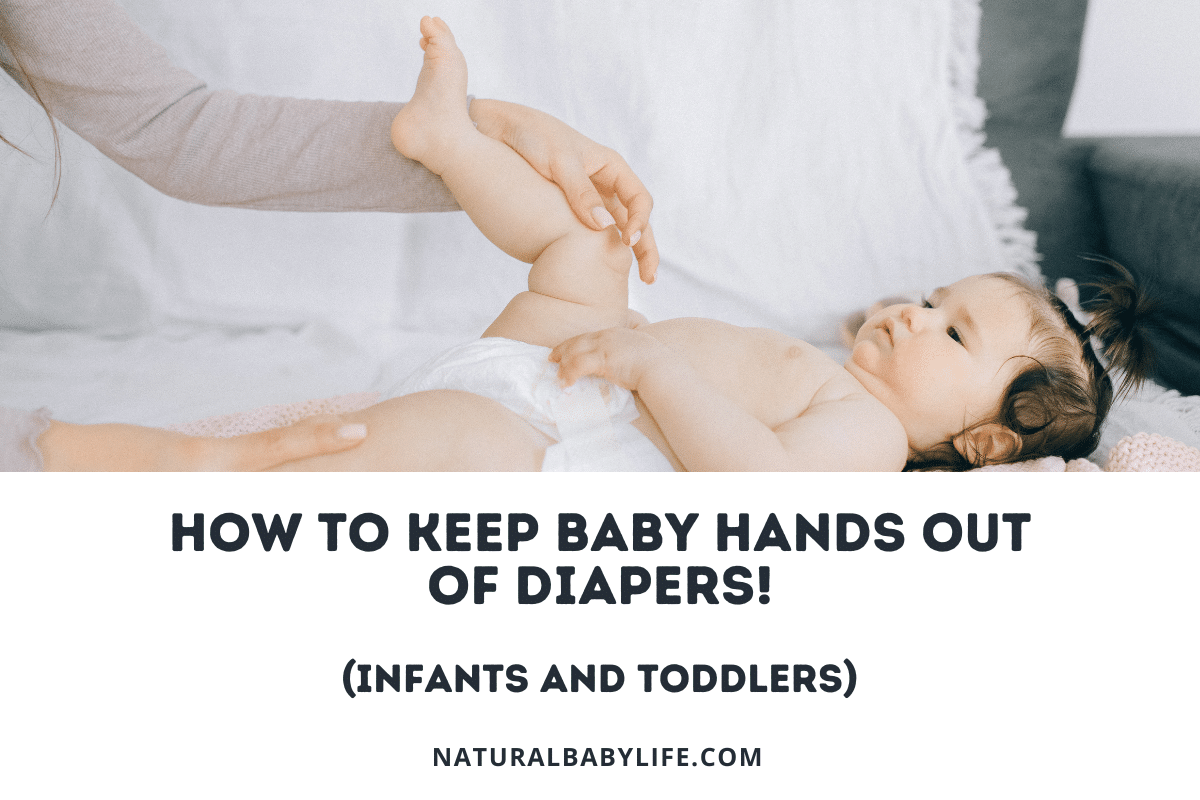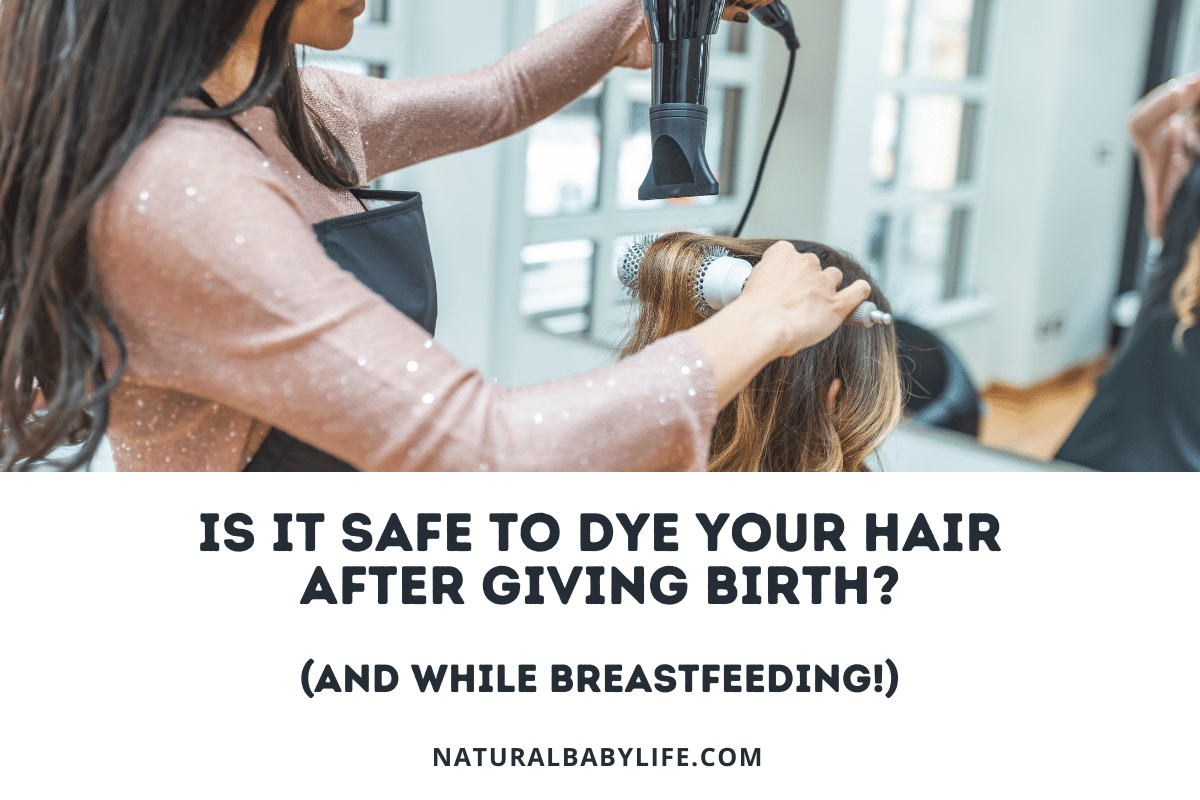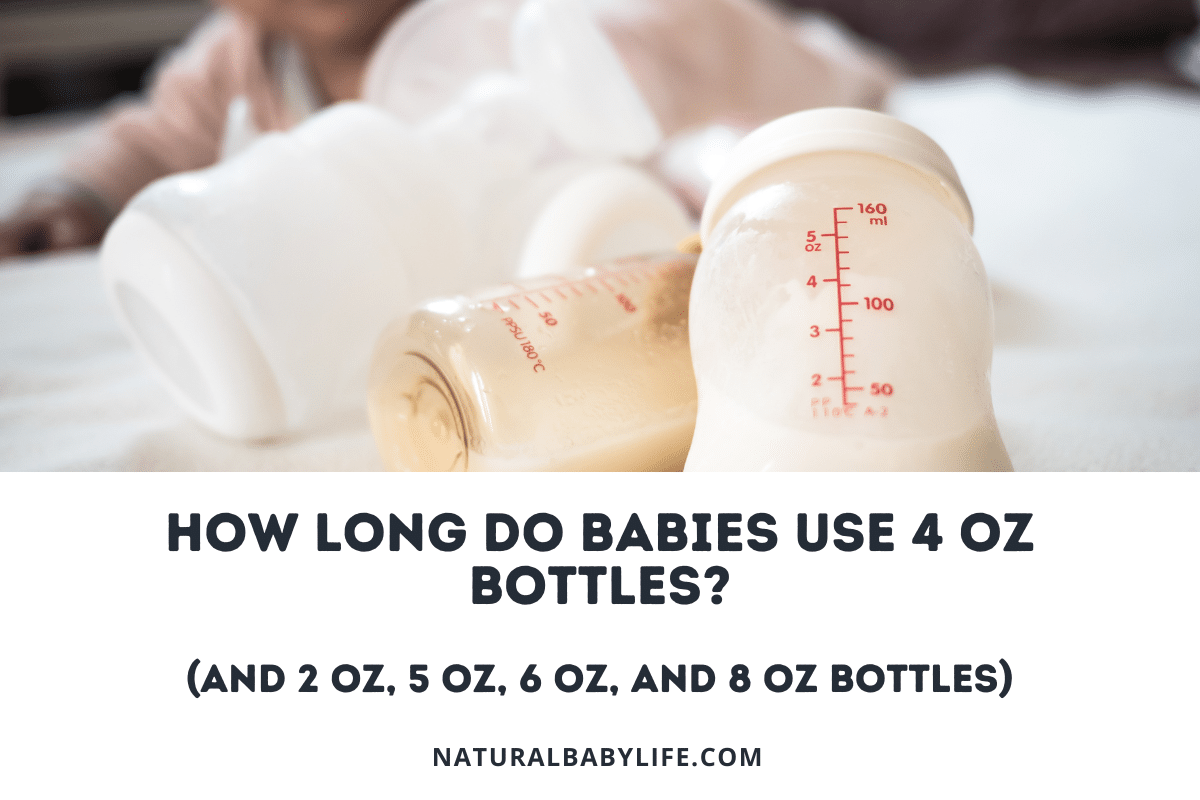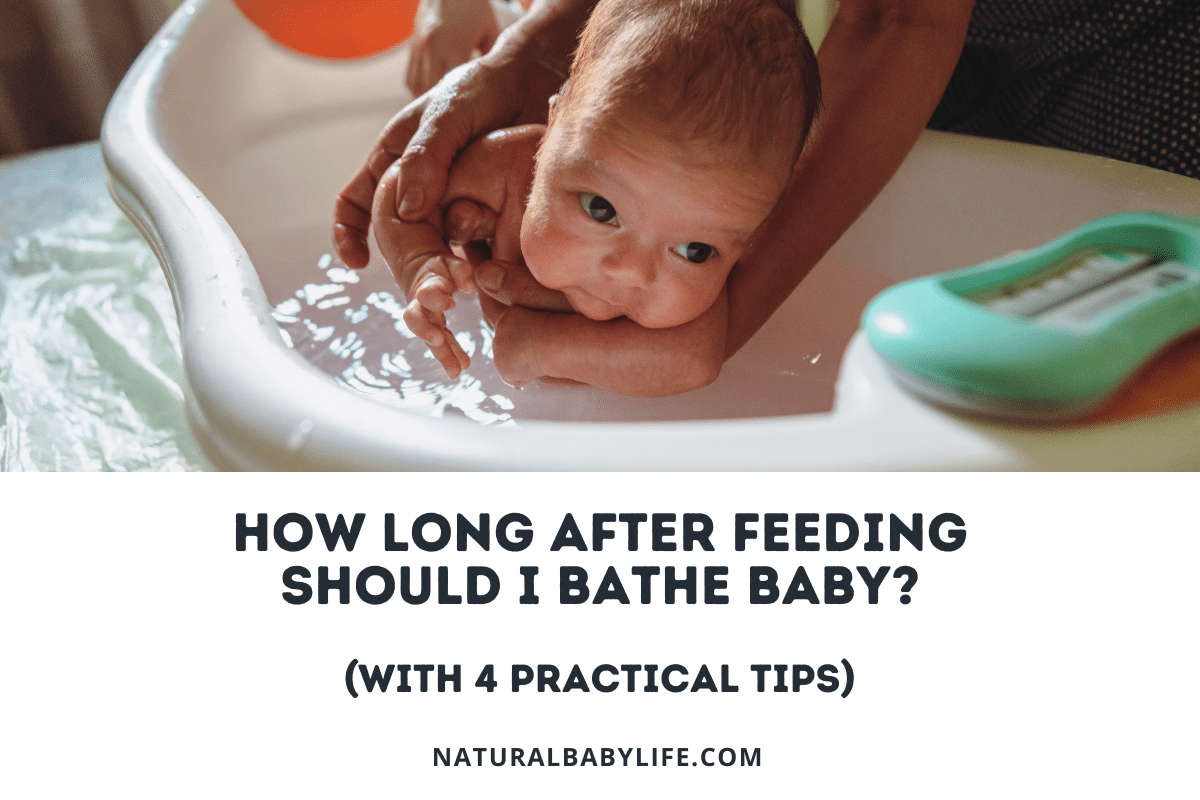As your baby grows, he is slowly mastering latching and breastfeeding and at 10 months, he is probably a champ and can efficiently feed. At this time, you and your baby probably have a routine down pat when it comes to breastfeeding. When your baby reaches 11 months, however, you may notice that your baby is either nursing constantly or refusing to breastfeed completely.
Your 11-month-old baby can refuse or constantly breastfeed because of teething or undergoing a developmental milestone. If your baby is refusing to breastfeed, he may be overstimulated or too distracted. These changes are not a cause of concern, especially if he is still producing 5 or more wet diapers and gaining 2 to 4 ounces of weight each week.
Read along as we discuss why your 11-month-old might be nursing more or refusing to breastfeed completely.
Table of Contents
How often should an 11-month-old be breastfeeding or nursing?
When your baby hits 11 months, chances are you will notice a change in his breastfeeding patterns. He is either constantly feeding or refusing to feed completely.
The CDC stresses the importance of breastmilk in your baby’s diet. At 11 months, your baby will be steadily eating solids but breastmilk is still an essential component of your baby’s nutritional needs.
How often you breastfeed depends on your 11-month-old’s needs. You should continue to look for hunger cues from your baby and breastfeed when you notice these signs. This is often called “breastfeeding on demand.”
If your baby is more interested in eating solids, try offering breast milk before solids. This ensures that your baby will still get the nutrients from your milk.
At 11 months, your baby will still feed 4 to 5 times a day and at least once during the night. Once you introduce solids to your baby, he might not want breast milk as much because he is getting full from other sources of food.
Should an 11-month-old still be breastfeeding?
At 11 months, your baby will undergo a lot of changes and this includes breastfeeding. Your baby might want to feed constantly or refuse to feed at all.
According to the AAP, babies should be breastfed exclusively up until 6 months. The organization also recommends continued breastfeeding for 1 year or longer as an accompaniment to solid foods.
Breast milk is considered the gold standard when it comes to nutrition and can help boost your baby’s immunity as well. Because of these reasons, the World Health Organization reiterates the AAP’s recommendation and suggests that breastfeeding should continue until your baby is 2 years old.
But the benefits don’t stop there, according to the Mayo Clinic, breastfeeding is beneficial to the mothers too.
Studies have shown that mothers who breastfeed for more than 12 months have reduced chances of getting breast cancer, ovarian cancer, rheumatoid arthritis, heart disease, and diabetes.
Between 8 months to a year, your baby needs 750 to 900 calories per day. Half of this calorie recommendation which is approximately 450 calories should come from breastmilk. This roughly translates to 24 ounces of breastmilk per day.
11-month-old nursing schedule
As your baby grows, you will notice that his breastfeeding needs change as well, especially when he reaches 11 months. At this time, he might be feeding significantly more or less.
All babies thrive on routine so it might be beneficial to create and follow a nursing schedule so that your baby will get used to it and will know what to expect.
When your baby is 11 months old, you can breastfeed him in the morning, between naptime, after snacks and meals, and before bedtime. Breastfeeding on demand is also important and will help sustain your milk supply. Watch out for hunger cues from your baby and breastfeed him accordingly.
Breastfeeding strengthens the bond between mother and baby which is why breastfeeding for comfort is also important. When your child is hurt, in pain, or scared, breastfeeding is a great way to calm and soothe your baby.
My 11-month-old is breastfeeding less
At 11 months of age, your baby’s breastfeeding needs will evolve. Some babies at this age will breastfeed constantly and some will refuse to breastfeed.
There will be times when your 11-month old will breastfeed less than usual and this can be caused by a variety of things.
Reasons your baby may be breastfeeding less include:
- Illness – When your baby has a runny nose or is congested, it is hard for him to find a comfortable position for nursing.
- Pain or discomfort – If your baby is teething, his mouth might be sore and will cause him to nurse less. An ear infection can cause pain when lying on one side or suckling. Soreness from vaccination can also cause discomfort when your baby is breastfeeding in certain positions.
- Distractions – When your baby is overstimulated or you are breastfeeding in a place that has a lot of things going on, this can cause your baby to become distracted and he will have a hard time feeding.
My 11-month-old is breastfeeding more
A lot of changes can happen to your 11 month old especially when it comes to his breastfeeding patterns. At this age, your baby might refuse to breastfeed or feed constantly.
Nursing strikes can happen at any time especially if your baby is teething or undergoing a developmental milestone. On the other hand, your 11-month-old baby could be wanting to breastfeed more and this can be attributed to several reasons.
As defined by Healthline, cluster feeding happens when a baby wants to feed constantly, in clusters, over some time.
Cluster feeding is normal with newborns but can also happen to older babies.
You might be perplexed as to why your 11-month-old is nursing more, but it can oftentimes be attributed to their heightened emotions and needing to find comfort. Your baby might be wanting to feel secure, warm, and comfortable, which is why he is breastfeeding constantly.
Another reason why your baby is constantly nursing can be attributed to a growth spurt. A growth spurt will bring changes to your baby’s behavior and can also affect the way he is sleeping.
When your baby is feeding constantly, you might feel exhausted and depleted but remember that this is also a phase that will end soon before you know it.
What if your 11-month-old constantly wants to nurse?
When your baby hits 11 months, you will notice big changes with him and this includes breastfeeding. Your baby might refuse to breastfeed or feed constantly.
It is normal for babies to try to find comfort when they are going through a developmental stage or a growth spurt.
It is a phase that will go away but if you are tired of constantly breastfeeding and need a break, you can try the following ideas:
- Distract your baby – You can play with your baby, go for a walk or sing and dance with him – all these are ways to distract your baby and have fun at the same time.
- Feed him solids or formula – If your baby is constantly nursing, he might be telling you that the breastmilk is not enough to fill him up. If this is the case, try offering a bottle or other solid foods to curb his hunger.
For a more in-depth guide, here is my complete guide to breastfeeding from birth to transition!
What if your 11-month-old is breastfeeding all night?
At 11 months, your baby’s breastfeeding needs will change. He might want to breastfeed all the time or refuse to breastfeed altogether.
Some 11-month-olds will breastfeed all night. This is a common occurrence and can be because of a variety of reasons. Teething babies can be very uncomfortable at times especially at night when there are no distractions present. This can lead to babies wanting to feed all night to seek comfort.
If your baby is ill or in pain, chances are he will breastfeed all night. Giving him comfort through breastfeeding is important.
What if your 11-month-old refuses to nurse?
As your growing baby reaches 11 months, there are a lot of changes that you will notice, and one of these changes concerns breastfeeding. Your baby might be constantly looking to be breastfed or on the other hand, refuse to nurse.
When your baby is breastfeeding less, it is important to keep trying to offer to breastfeed your baby. If he is easily distracted, a dark and quiet room might do the trick so that he can concentrate on breastfeeding.
This is usually not a cause of concern.
As long as your baby has 5 or more wet diapers daily, steadily gaining 2-4 ounces per week, and seems happy and content with each feeding session. At this stage, your baby has mastered the art of breastfeeding and can take in what he needs in a shorter amount of time which is why it seems like he is breastfeeding less.
If your baby is cranky, produces fewer wet diapers, and seems hungry all the time, it might be beneficial to talk to your doctor to eliminate other illnesses that might be affecting your baby.
Breastfeeding strikes are a phase and before you know it, your baby will be feeding like a champ again.
What to do if your 11-month-old isn’t interested in breastfeeding?
Your baby will undergo numerous changes and at 11 months, this might include the way he is breastfeeding. Your baby might be wanting to be breastfed constantly or is not interested and is refusing.
At 11 months old, some babies are losing interest in breastfeeding and this is considered normal. The more you get him used to solid foods, the less interested he is when it comes to breastfeeding. If this happens, you can ramp up the solid food intake and introduce formula.
It is hard to tell if your baby is undergoing a nursing strike or self-weaning so it is important to keep offering to breastfeed your baby so that you will know the difference.
What is a nursing strike?
When your baby turns 11 months, his breastfeeding needs might change and you will notice this. Some babies constantly want to be fed at this age and on the other hand, some babies are refusing to breastfeed completely.
If your baby is refusing to breastfeed for several sessions within a span of a few days, he might be undergoing a nursing strike. Nursing strikes are often mistaken for self-weaning but the main difference is self-weaning usually happens after your baby’s first birthday.
Another main difference between self-weaning and a nursing strike is that self-weaning is a process that gradually happens whereas a nursing strike is a sudden refusal to breastfeed.
Nursing strikes are common in older babies and can be caused by several reasons. Some of the reasons include distraction, illness, or undergoing a developmental milestone.
How long do nursing strikes usually last?
At 11 months, your baby will change when it comes to his breastfeeding patterns. Other babies might want to constantly breastfeed while others will refuse to breastfeed altogether.
A nursing strike might feel like it will never end but there is always light at the end of the tunnel. The typical nursing strike will last 1-2 days or sometimes up to 9-10 days.
Don’t let nursing strikes fool you into thinking that your baby is self-weaning. Your baby will be back to his old, usual breastfeeding habits before you know it.

